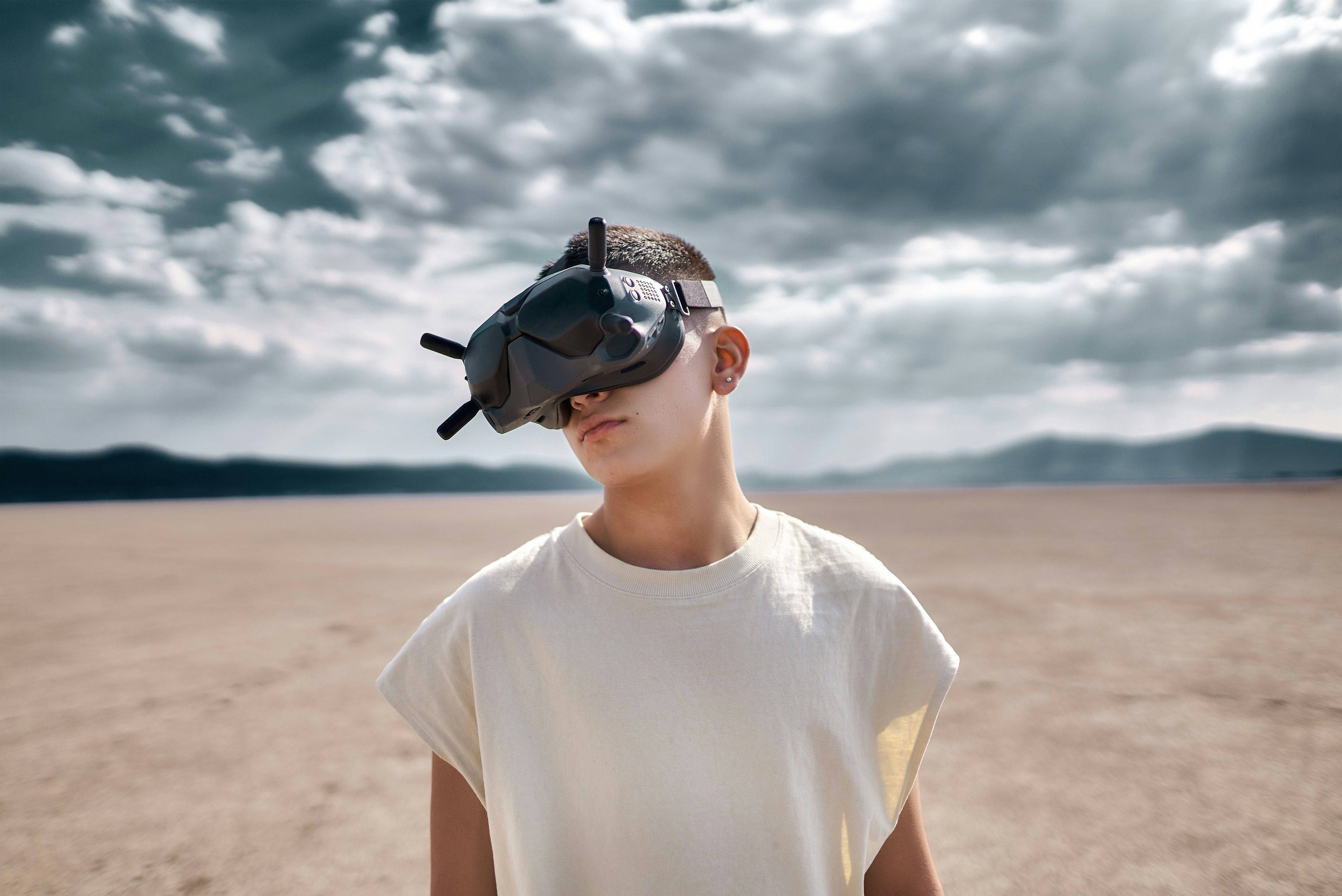
As we stand on the cusp of a new era defined by the convergence of gaming and blockchain technology, the landscape of digital entertainment is undergoing a profound transformation. Web3.0, with its decentralized architecture and tokenized ecosystems, promises to revolutionize the gaming industry in unprecedented ways. By 2030, we anticipate a paradigm shift that will redefine not only how we play games but also how we interact with digital assets, economies, and communities.
Decentralization and Ownership
One of the most significant shifts in gaming brought about by Web3.0 is the concept of true ownership. In traditional gaming models, players invest time and money into games without retaining any tangible assets. However, with blockchain technology enabling the creation of non-fungible tokens (NFTs), gamers can now truly own in-game assets. This ownership extends beyond the confines of individual games, allowing players to trade, sell, or utilize their assets across multiple platforms. By 2030, we expect the majority of popular games to incorporate NFTs, fundamentally altering the relationship between players and virtual possessions.
Interoperable Metaverses
The concept of the metaverse, a shared virtual space where users can interact with each other and digital environments, is rapidly gaining traction in the Web3.0 era. Powered by blockchain technology, metaverses offer unprecedented levels of interoperability, allowing assets and identities to seamlessly traverse different virtual worlds. By 2030, we envision a sprawling network of interconnected metaverses, each with its own unique economies, cultures, and experiences. This interconnectedness will fuel a new era of social gaming, where players can collaborate, compete, and explore across diverse virtual landscapes.
Emergence of Play-to-Earn
The rise of blockchain gaming has ushered in the concept of play-to-earn, where players can monetize their gaming activities by earning cryptocurrency rewards. By 2030, play-to-earn models will become ubiquitous across the gaming industry, providing players with new avenues for income generation. Moreover, these models have the potential to democratize access to gaming, allowing individuals from underserved communities to participate in the digital economy. As play-to-earn platforms continue to evolve, we anticipate a blurring of the lines between work and play, with gaming becoming a viable career path for millions around the globe.
Global Valuations and Economic Impact
The fusion of gaming and Web3.0 technologies is poised to have a profound impact on global economies. By 2030, the gaming industry is projected to reach unprecedented valuations, driven by the proliferation of blockchain-based gaming platforms and virtual economies. Moreover, the emergence of decentralized finance (DeFi) within gaming ecosystems will unlock new revenue streams and investment opportunities, further fueling growth in the sector. From game developers to players to investors, the economic benefits of the Web3.0 gaming revolution will be far-reaching, reshaping industries and creating new paradigms of value creation.
In conclusion, the future of gaming in Web3.0 holds immense promise and potential. By 2030, we envision a vibrant ecosystem characterized by decentralized ownership, interoperable metaverses, play-to-earn models, and unprecedented economic opportunities. As we embark on this transformative journey, it is imperative for stakeholders across the gaming industry to embrace innovation, collaboration, and inclusivity. Together, we have the power to shape a future where gaming transcends boundaries, empowers individuals, and redefines the very fabric of digital entertainment.